In the era of smartphones, the battle between Apple’s iPhone and Samsung’s Galaxy series remains one of the most prominent rivalries. Both brands have loyal followings and offer cutting-edge technology,This article delves into the key differences iPhones vs samsung phones, covering design, performance, software, ecosystem, camera capabilities, battery life, pricing, and more.
1.Design (iPhone vs samsung)-
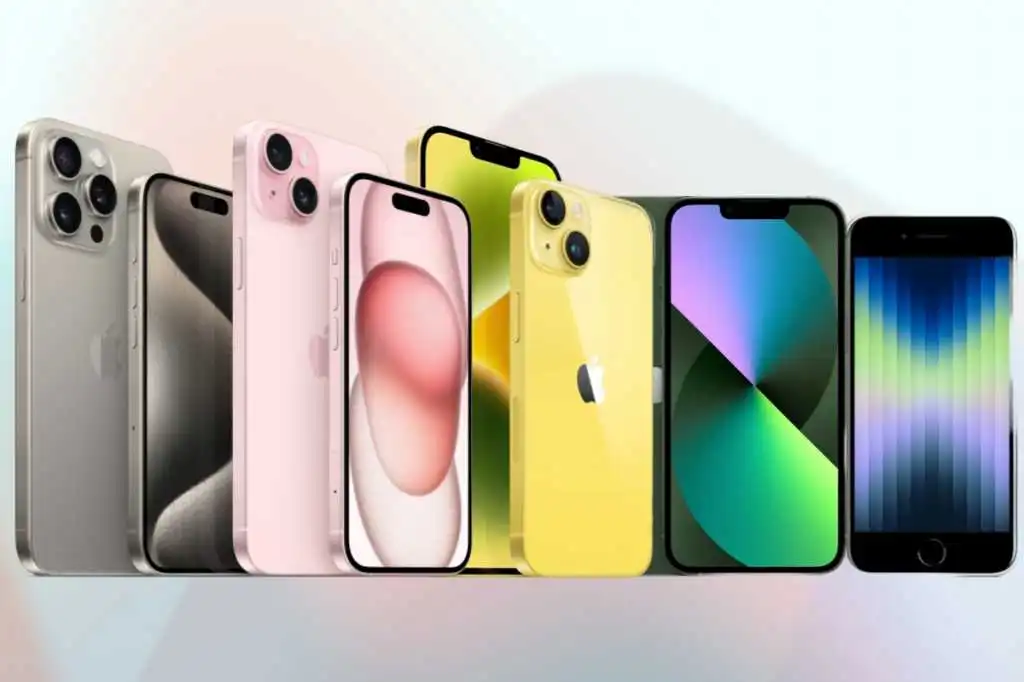
iPhone:-Apple has always been renowned for its premium design and build quality.iPhones typically feature an aluminum or stainless steel frame with a glass back, providing a sleek and elegant aesthetic.The attention to detail in iPhone design is meticulous, with smooth curves, minimalist button placements, and symmetrical lines.The introduction of Ceramic Shield on newer models enhances durability, offering better drop protection.
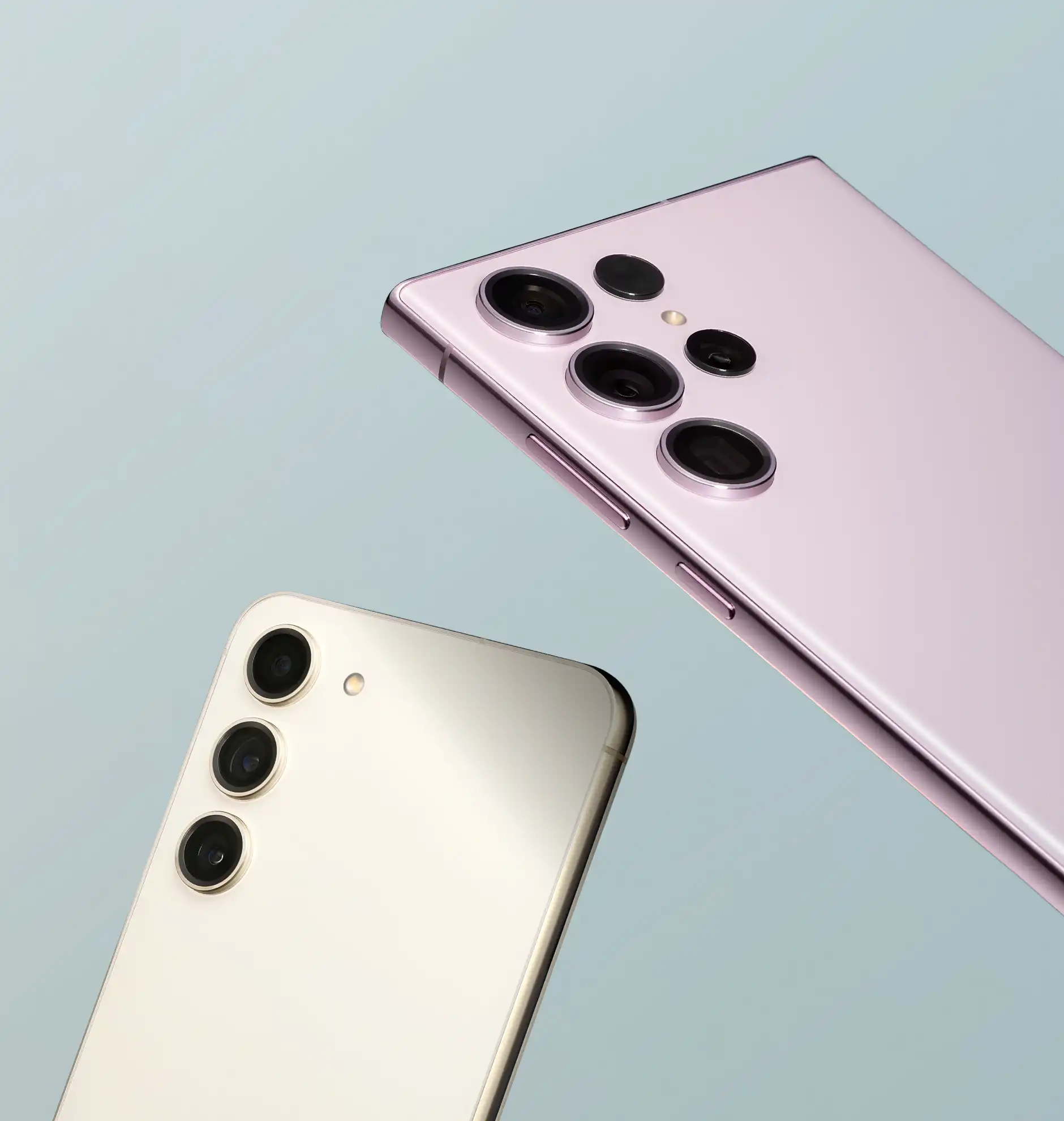
Samsung-Samsung, on the other hand, offers a variety of designs across its range of devices. The Galaxy S and Note series are known for their premium materials, such as metal and glass, and often feature curved displays that create a unique edge-to-edge effect. Samsung’s design philosophy emphasizes bold and innovative aesthetics, such as the hole-punch front camera and minimal bezels. The company also experiments with foldable designs like the Galaxy Z Fold and Z Flip, pushing the boundaries of smartphone form factors.
Now you can determine designing difference in iphone vs samsung
2.Display(iphone vs samsung)-
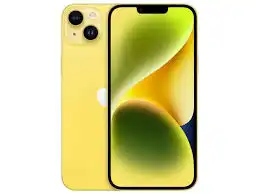
iphone-Apple’s Retina Display technology provides crisp and vibrant visuals. With the introduction of Super Retina and Super Retina XDR displays, iPhones offer exceptional brightness, contrast, and color accuracy. Apple uses OLED technology in its higher-end models, which delivers deep blacks and high dynamic range (HDR) capabilities. The promotion technology on newer models introduces a 120Hz refresh rate, enhancing smoothness and responsiveness.

Samsung-Samsung is a leader in display technology, often setting the industry standard. The company’s Dynamic AMOLED displays are renowned for their vivid colors, deep blacks, and high brightness levels. Samsung’s flagship models frequently include HDR10+ support and a 120Hz refresh rate, ensuring smooth scrolling and an immersive viewing experience.The edge-to-edge displays with minimal bezels provide a futuristic look and feel.on basics of this knowledge you decide iphone vs samsung who is better in display.
3.Performance and Hardware(iphone vs samsung)-
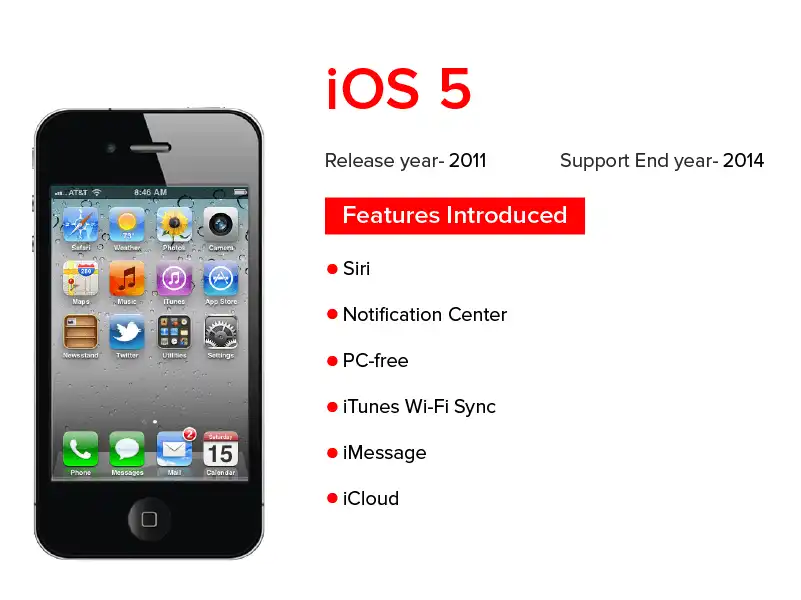
iphone-Apple designs its own processors, the A-series chips, which are specifically optimized for iOS. This vertical integration results in exceptional performance and efficiency. The latest A-series chips, such as the A15 Bionic, offer industry-leading speed, graphics performance, and machine learning capabilities. iPhones are also known for their longevity in terms of software updates and performance stability over time.
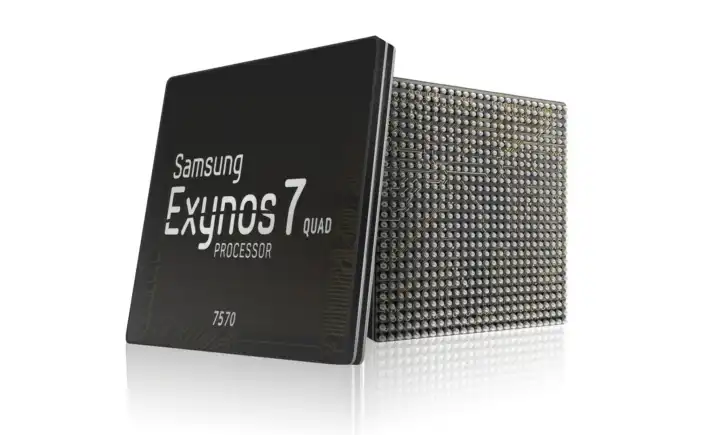
Samsung-Samsung uses its own Exynos processors or Qualcomm’s Snapdragon chips, depending on the region. The flagship models are powered by top-tier processors like the Exynos 2100 or Snapdragon 888, delivering robust performance and efficiency. Samsung also incorporates generous amounts of RAM and storage options, enhancing multitasking and overall speed. While not as tightly integrated as Apple’s hardware-software ecosystem, Samsung’s performance remains highly competitive.in this case iphone vs samsung on performance basics is individual.
4.Software and User Interface(iphone vs samsung)-
iphone-Apple’s iOS is celebrated for its simplicity, smoothness, and user-friendly interface. iOS offers a seamless experience across all Apple devices, with features like Handoff, Continuity, and AirDrop enhancing integration.The App Store’s curated environment ensures high-quality applications and robust security. iOS updates are consistently available for several years, providing users with the latest features and security enhancements.
Get–iphone14
Samsung-Samsung phones run on Android, with the company’s custom One UI skin layered on top.One UI is designed to be user-friendly, with a focus on ease of use and customization. Samsung includes numerous features, such as Samsung DeX, which allows users to connect their phone to a monitor and use it as a desktop computer. While Android offers greater customization and flexibility, it can sometimes be less streamlined than iOS. Samsung typically supports its flagship devices with software updates for a few years, although the timeline is shorter than Apple’s.Now you can understand which is best in iPhone vs samsung.
5.Ecosystem and Integration(iphone vs samsung)
iphone-Apple’s ecosystem is one of its strongest selling points.The seamless integration between iPhones, iPads, Macs, Apple Watches, and other Apple products creates a cohesive and unified user experience. Features like iMessage, FaceTime, iCloud, and Apple Pay work seamlessly across devices. The Apple ecosystem encourages users to invest in multiple Apple products, enhancing overall functionality and convenience.
Samsung-Samsung offers a broad ecosystem that includes smartphones, tablets, laptops, wearables, and home appliances. The integration is not as tight as Apple’s, but Samsung’s SmartThings platform provides a cohesive smart home experience. Samsung’s ecosystem is also compatible with a wider range of third-party devices and services, offering more flexibility. Features like Samsung Pay, Bixby, and Galaxy Buds contribute to a connected experience, though they don’t match the seamlessness of Apple’s offerings.Thus you will able to decide which is more suitable between iphone vs samsung.
6.Camera Capabilities(iphone vs samsung)-
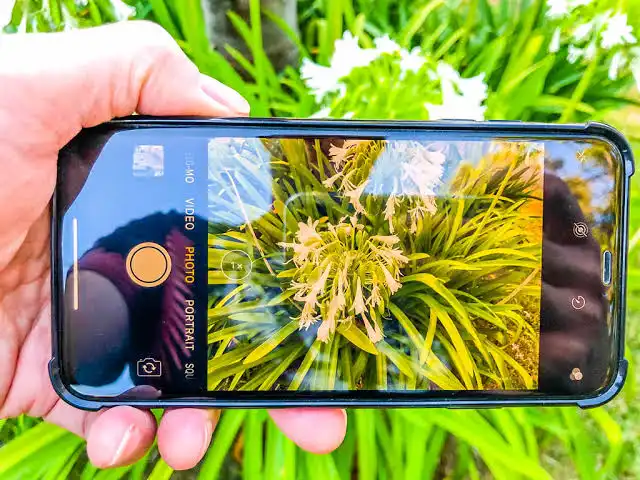
iphone-Apple consistently improves its camera technology with each new iPhone release. The iPhone’s camera system is praised for its natural color reproduction, excellent low-light performance, and advanced computational photography features. Innovations like Deep Fusion,Night mode, and ProRAW give users powerful tools for capturing stunning images. The integration of hardware and software results in a reliable and user-friendly camera experience.
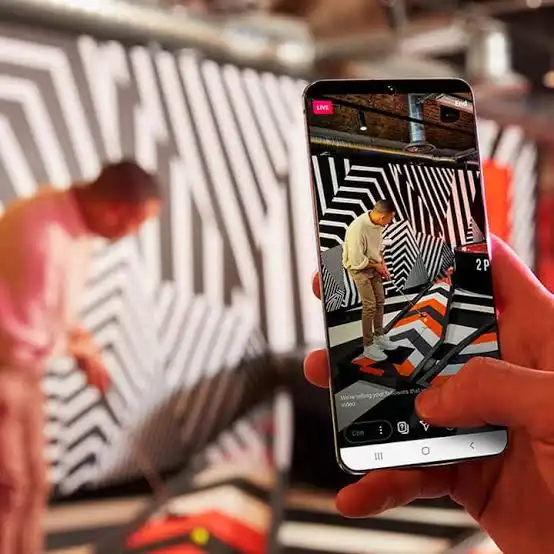
samsung-Samsung is known for pushing the envelope with its camera technology.The Galaxy series often features high-resolution sensors, multiple lenses, and advanced zoom capabilities. Samsung’s cameras offer vibrant colors, extensive manual controls, and innovative features like Single Take and 8K video recording. The company’s flagship models frequently include periscope lenses for impressive optical zoom and advanced AI for improved image processing.on this basics you can choose which is better in iphone vs samsung for your purpose.
7.Battery Life and Charging(iphone vs samsung)-
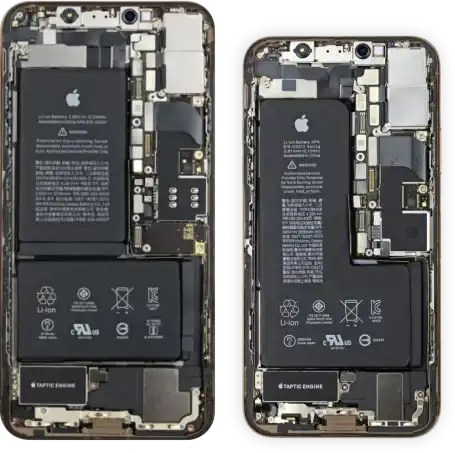
iphone-Apple optimizes battery life through its efficient hardware-software integration. iPhones typically offer reliable battery performance, with all-day usage on most models. Apple includes fast charging and wireless charging capabilities, although the company has been slower to adopt higher wattage fast charging compared to some competitors.The introduction of MagSafe in recent models enhances wireless charging convenience and accessory compatibility.
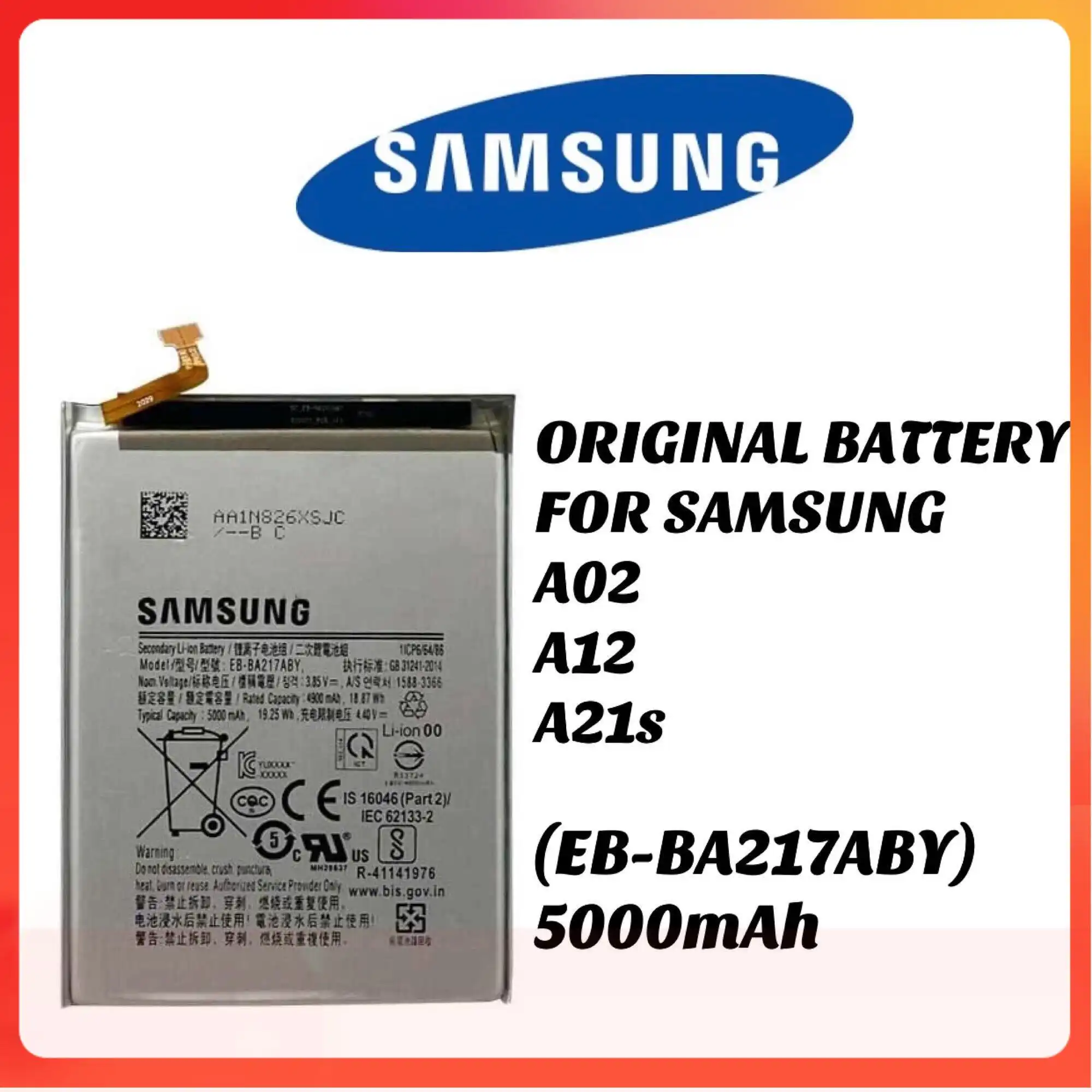
samsung-Samsung provides competitive battery life across its range of devices, with higher-end models featuring larger batteries. The company leads in fast charging technology, offering higher wattage charging options that significantly reduce charging times. Samsung also supports wireless charging and reverse wireless charging, allowing users to charge other devices. The combination of large batteries and advanced charging technologies makes Samsung phones a strong contender in this area.
8.Pricing and Value( iphone vs samsung)-
iphone-Apple’s pricing strategy positions iPhones as premium devices. The cost of entry for the latest iPhone models is relatively high, but Apple maintains value through long-term software support, build quality, and brand prestige. Additionally, Apple offers a range of models, from the more affordable iPhone SE to the high-end iPhone Pro models, catering to various budget levels.
samsung-Samsung’s pricing is more varied, reflecting its extensive range of devices. The Galaxy A series offers budget-friendly options, while the Galaxy S and Note series target the premium market. Samsung’s foldable phones, like the Galaxy Z Fold and Z Flip, are priced at a premium but showcase cutting-edge technology. The variety in Samsung’s lineup ensures that there’s a device for almost every budget and need.
9.Customer Support and Warranty (iphone vs samsung)-
iphone-Apple is known for its robust customer support and warranty services. The company’s AppleCare+ program extends warranty coverage and includes options for accidental damage protection. Apple’s retail stores provide direct support and repair services, enhancing the customer experience.
samsung-Samsung offers comprehensive customer support and warranty services, including extended warranty options and accidental damage protection. Samsung’s service centers and authorized repair providers ensure that users have access to support when needed. The company’s support infrastructure is extensive, though it may not match the ubiquity of Apple’s retail presence.
10.Security level (iphone vs samsung)-
iPhone: Known for robust security measures, including hardware-based security features, regular software updates, and a stringent app review process. Apple’s ecosystem is generally considered more secure due to its closed nature.
Samsung-Implements strong security features, particularly in its flagship devices, through the Samsung Knox security platform. Android’s open nature, however, makes it more vulnerable to malware compared to iOS.
11.App Store and Software
iPhone: Access to the Apple App Store, known for its high-quality and well-vetted applications. The App Store has a rigorous review process, which reduces the risk of malware.
Samsung: Access to the Google Play Store, which has a vast selection of apps but a less stringent review process compared to Apple. Samsung also has its own Galaxy Store for additional apps and services.
12.Data Management (iphone vs Samsung)
iPhone: Data is primarily managed through iCloud, offering seamless backup and synchronization across Apple devices. iOS also provides granular privacy controls, allowing users to manage app permissions effectively.
Samsung: Data management can be done through Google services like Google Drive and Samsung Cloud. Android offers extensive customization options for managing data and privacy settings.
13.Customization and User Control(iphone vs samsung)-
iPhone: Offers limited customization options compared to Android. The focus is on a consistent and controlled user experience.
Samsung: Provides extensive customization options, allowing users to modify their home screens, use custom ROMs, and personalize their devices extensively.
Public Review on Apple (Amazon)-
Reviewed in Canada on May 5, 2024
Reviewed in the United States on March 17, 2024
Reviewed in the United States on May 4, 2024
Was skeptical, reading so many reviews it felt like a gamble, it could be good or bad, but the one I received had 85% battery. Did arrive one day earlier
The quality of it was amazing apart from a VERY tiny chip in the back and the sides look lightly scratched(alr gon cuz i put a case on it) BUT THE SCREEN IS PERFECT/PRESTINE, no dents no scratchers
Unfortunately they are obviously not new phones, but from upgrading to a problematic X to a 13 pro, in amazing condition is def worth a upgrade considering we are currently on iphone 15 models.
I will not be sending this phone back for replacement I’m satisfied, charges fast, screen is smooth and everything else has been tested and is running great!
I have CarPlay and experienced no connection issues for the first time, thank god
FAQ-
1.which camera is best in iphone vs samsung ?
ans.iPhone tends to be better for users who want a reliable, straightforward camera experience with excellent video recording capabilities.
Samsung is preferable for users who value cutting-edge hardware and the ability to manually adjust camera settings for more control over their photography.
2.iphone vs Samsung display
ans.Samsung is best for users who prioritize cutting-edge display technology, higher resolutions, and features like high refresh rates and curved screens.
Apple is preferable for those who value superior color accuracy, true-to-life display calibration, and a consistent experience across devices.